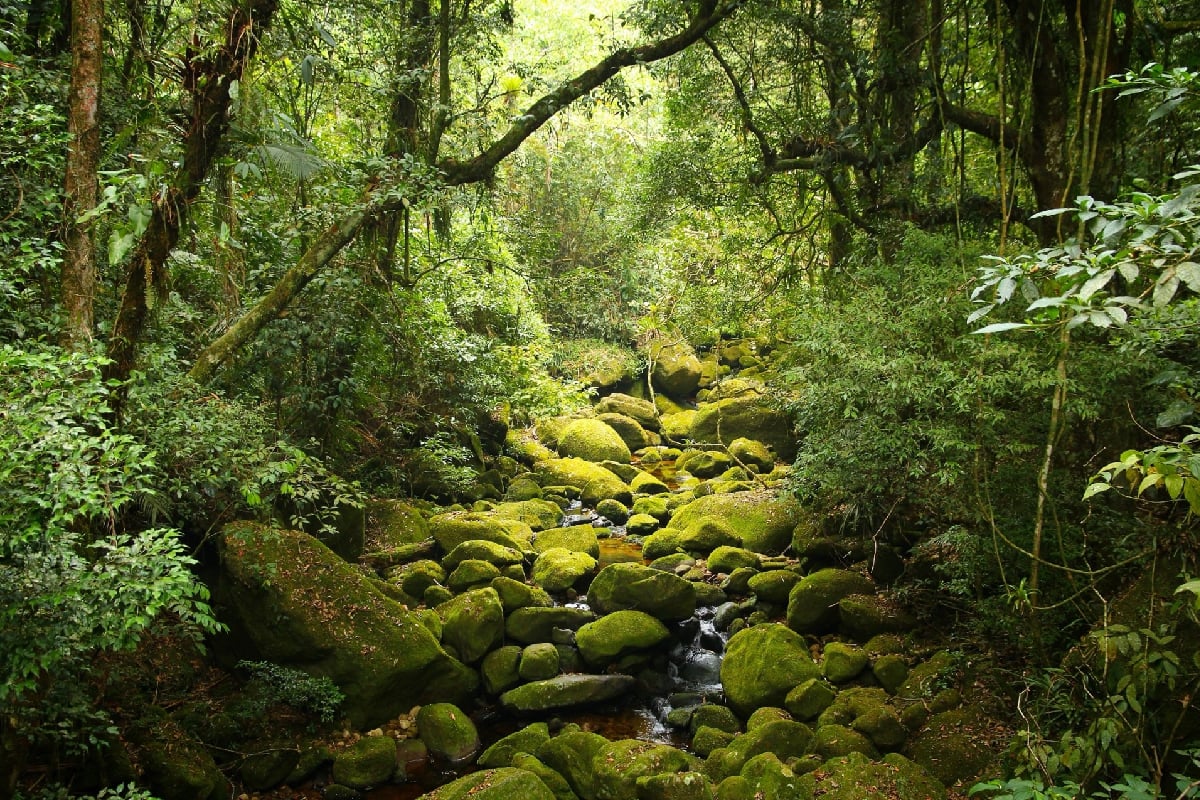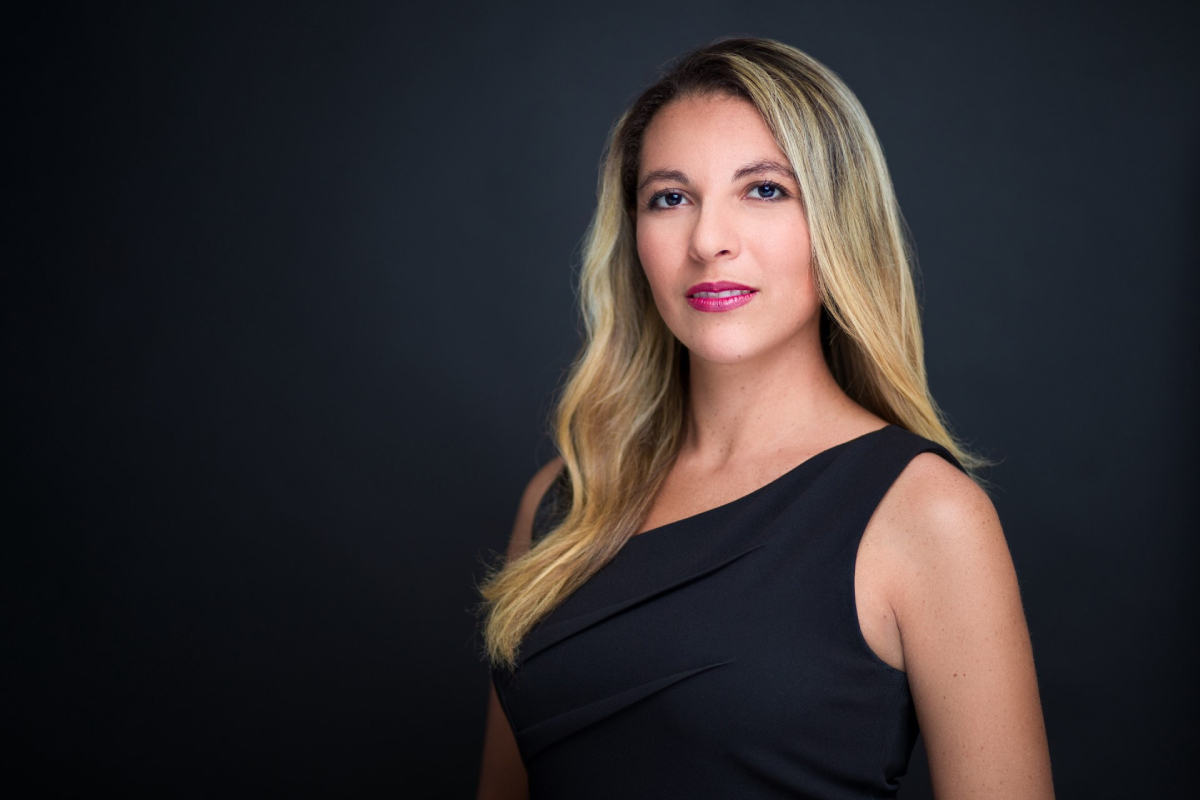Sahara Sunday Spain sits in the metal-backed chair of a local restaurant in the Senegalese town of Saly, unbothered by the scorching sun. It’s only been ten minutes, but already there is a fine layer of sand that has come in from the north, where the country is losing a battle against the encroaching desert. Desertification is a constant topic here, and one Spain knows a lot about in her work with Sequestered Ecotourism.
The CEO of the burgeoning multinational hospitality company is friendly and unafraid to stumble in the local language, but earns quick grins and grateful exchanges with the local servers who don’t expect to be spoken to in their native tongue. Her excitement is palpable; ecotourism is a subject for which she has both passion and expertise.

Q. What initially attracted you to ecotourism?
A. My mother is a photographer who specializes in photographing Indigenous people around the world with limited Western contact. This is something that she’s done since before I was born and as soon as I was travelable at a very young age, she packed me up and brought me with her across the world. And I think being introduced so young to so many different cultures – and really seeing different people’s way of life – was deeply impactful.
I also started a school for girls in Mali when I was nine and I’ve just always been very drawn to helping people and to travel. So, I think that [being CEO of Sequestered Ecotourism] is a very good intersection between all the areas of my life – and it’s a very exciting time to be starting this company, and to really start to sink our teeth into the real issues that people are facing on the ground, and how we can solve them in practical and economically viable ways.
Q. Comparing yourselves to other multinational hospitality companies with longstanding resort options in the industry, are there any deficiencies, limitations that you see in other hotels that you don’t see in Sequestered Ecotourism? How are you different?
A. I don’t like to put down, you know, current giants in the industry. I think that they have done the absolute best that they possibly could do, especially given the fact that the model they follow – a lot of them came into being in the Industrial Revolution or just post-Industrial Revolution, when the world was their oyster and luxury meant excess, so that was a perfectly understandable model. And I think a lot of hospitality companies have done a lot of really important work in trying to make what they’re doing sustainable through green initiatives and offsets.
I suppose the advantage to what we are doing at Sequestered Ecotourism is that we don’t have to copy them and then try to backtrack in the way they’re going to have to. We’re able to come up with a model from the ground up that fully integrates sustainability and it fully integrates the idea that we need to continue this [gestures around herself to indicate the world] forward for the next hundred or two hundred years without having an impact on the environment – and even going the other way as to have a positive impact and being regenerative and restorative towards the environment around where we’re placing our hotels. And that’s such an exciting proposition, because we’re really able to pioneer this style of ecotourism and make it fun, and interesting, and relevant, and beautiful.
And I mean really beautiful. The thing that keeps baffling my mind is we’re going into places that have been really devastated and we’re making them green again, right? We’re making them beautiful again. We’re making them lush and we’re bringing back the animals, the birdsong that hasn’t been there for years. We’re bringing back endangered species. And then we’re building beautiful luxury hotels that are designed to fit perfectly into that natural space.
And so, I think that as a very long way of answering your question [she laughs]. I think that current hotel giants are doing the best they can with the model that they have in place. And I think that they really should be commended for the amount of work that they’ve put into making that green. But I’m also excited to bring about a type of change in the industry from a different perspective.
Q. You are entering more than one jurisdiction. Is that correct? Predominantly in developing nations up-and-coming economic powerhouses – so how are you involved with the local communities and local governments? Do you envision having a one-way transaction with local communities, given the inherent wealth disparity? Or do you imagine it is more symbiotic?
A. That’s a really good question. And I think that one of the things that we’ve really tried to do is have the highest value positive impact on local communities with the lowest negative impact. And the way that we do that is through very rigorous stakeholder engagement. And also by that I mean really just by speaking to people and seeing what they would like.
A lot of these communities feel forgotten and that’s the refrain that I hear when I’m going on location, time after time, is that they really feel left behind by the modern world. And this is not a way to, you know, bring them into modernity in a colonial way. This is a way to work with them to honor their traditions, to honor their values, to bring them skill sets that are absolutely relevant in a green emergent world – and to empower them to continue to be who they are in their own cultures, but also with completely modern skill sets [that will enable them] to go into the greater economy, if that’s something that they choose to do.
Q. You spoke about stakeholders and you’re in multiple countries. Through what mechanisms are local stakeholders involved within your company? And considering the jurisdictional frameworks you must have to put in place on higher governmental levels, will your local stakeholders be given a voice, or is it more ceremonial?
A. We take our stakeholders very seriously. Every stakeholder has an equal say and an equal opportunity to see what we are doing. We aim to be fully transparent.
One of the issues communities have faced in the past in rural areas – especially in developing nations – is that they have sometimes centuries of history of not being consulted. And that can hurt people in a way that’s very hard to quantify as someone coming from the West. We don’t understand that type of disenfranchisement. Not in that way. And so part of why we are so careful with our stakeholders, and especially our local stakeholders and our neighbors, is that we want to make sure that they have a voice and that they know that they’re allowed to use that voice with us.
So we do spend a lot of time ahead of any type of construction, ahead of any type of site alteration, or bringing anyone in, speaking with [the local communities], communicating, giving them channels of communication back to us, where they can feel heard. I think this is especially true for marginalized communities, especially true for women. We do our best to help all of our stakeholders feel like they have the microphone and show them that they’re safe with us.






